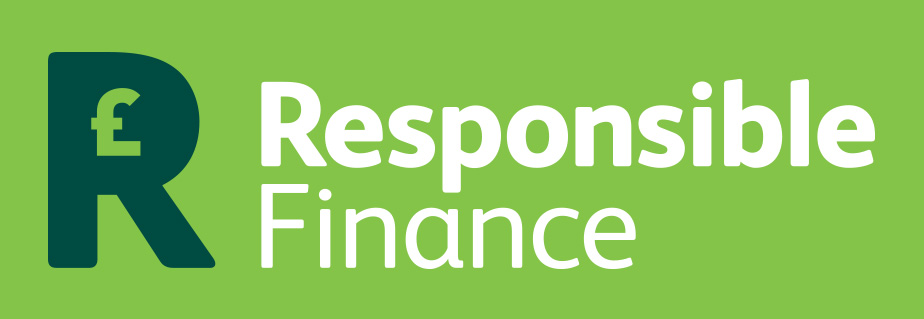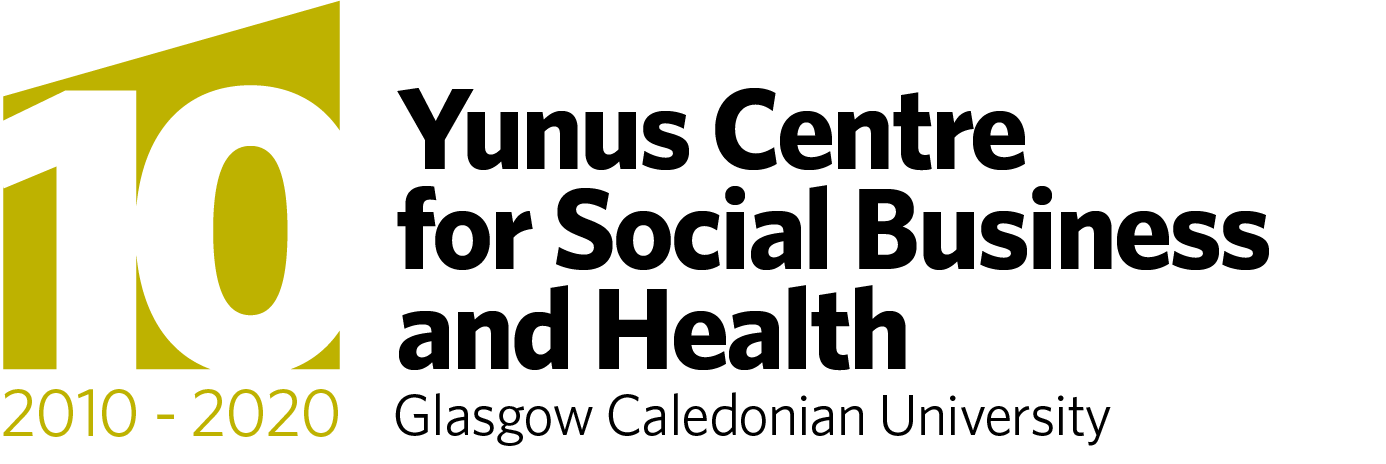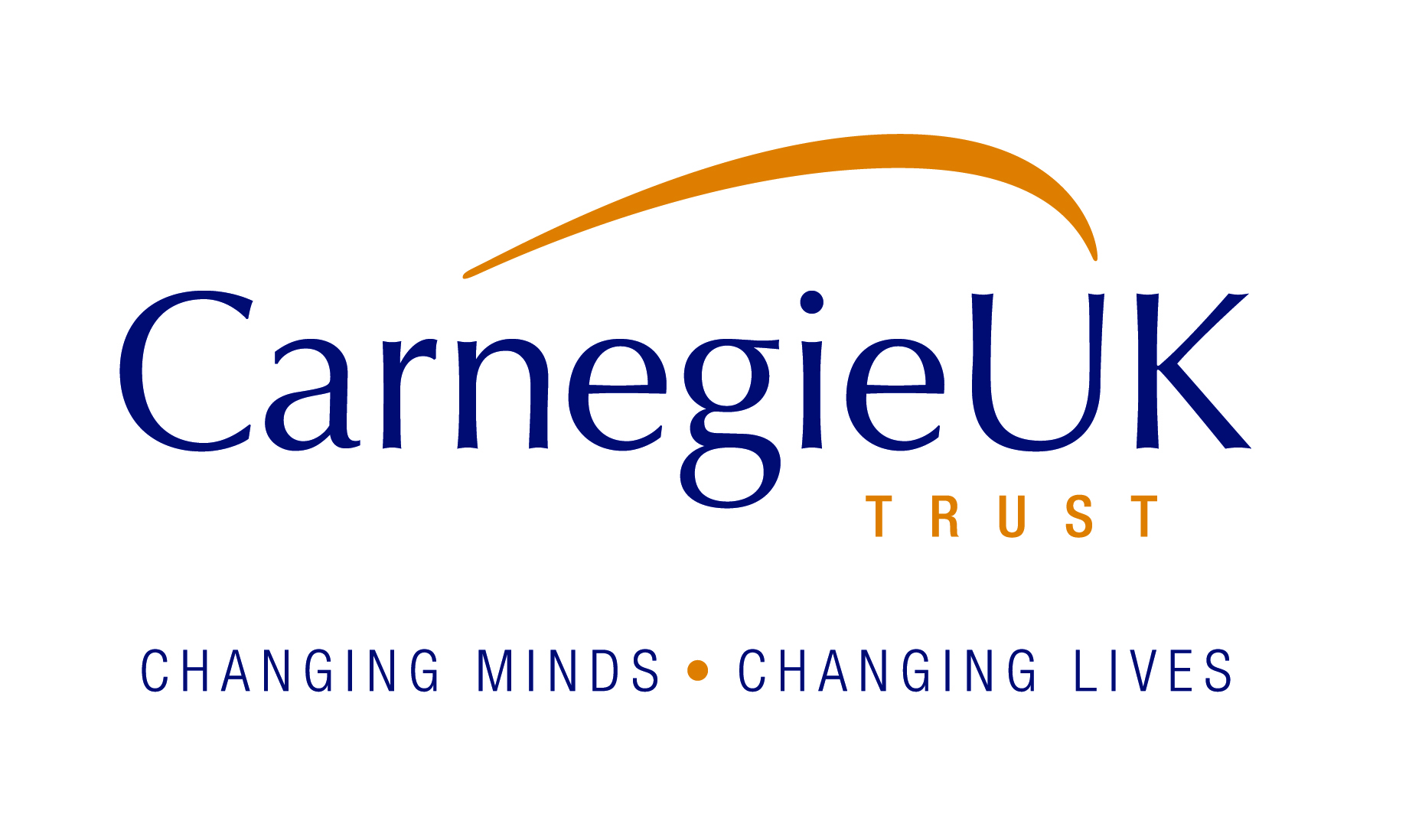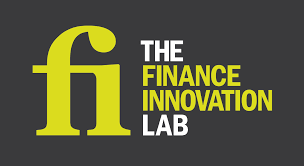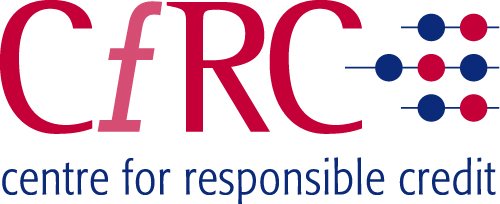Rishi Sunak MP
Chancellor of the Exchequer
House of Commons
London
SW1A 0AA
23rd April 2020
Dear Mr Rishi Sunak,
Affordable credit providers are ready to support local authorities to deliver immediate financial support to households at risk of slipping into destitution
We are writing to offer our support to ensure that vulnerable people and low-income families do not incur high levels of unsustainable debt or slip into unacceptable hardship as a result of financial shocks caused by the coronavirus pandemic. We thank the government for your swift action to introduce wage and income subsidies, increase Universal Credit, Working Tax Credit payments and Local Housing Allowance (LHA) rates, offer council tax relief through the £500 million Hardship Fund, and help for people to meet their housing costs. However, many people are facing stark drops in income whilst they navigate the helpful yet complex government support packages, or are slipping through the cracks entirely.
Community Development Finance Institutions (CDFIs) are trusted affordable credit providers and have the digital infrastructure in place to deliver immediate financial support to families at risk of slipping into poverty. We work alongside the wider affordable credit sector, including credit unions and advice agencies, to ensure consumers get the right support for their needs.
Background
The economic repercussions of the crisis are disproportionately affecting young workers, low-income families and women[i]. New research found that in the past three weeks, three million people reported that a lack of food had forced someone in their household to go without eating, and 21% of those that went hungry did not have enough money to pay for food[ii]. Another poll found that millions of households are having to choose between paying their rent and buying food[iii]. Low-income groups are also less likely to be able to work from home, and may be less resilient to shocks than others. Those on low incomes or with lower socio-economic status are of particular concern as health vulnerabilities and mental health problems are already prevalent in these groups[iv]. Even a small loss of income or increase in costs can be devastating.
Individuals who are able to access Universal Credit must choose between a lengthy wait for their first payment or taking an advance payment and reducing their income for the next six to twelve months. At the same time, despite the significant increase to LHA rates, they will not always cover the full cost of rent.
Due to school closures, households with children are incurring significant extra costs. Free school meals, community meals and food bank services are being disrupted, and voucher initiatives can be stigmatising and difficult to use, particularly when there is an imperative to stay at home. Bulk buying can also prove costly.
For people and families already in hardship, or at risk of hardship, who were just about getting by before the pandemic, additional financial support is critical. Independent research by the world-leading Yunus Centre at Glasgow Caledonian University, which includes clients of CDFIs, has demonstrated, pre-Covid-19, the precarity of the financial portfolios operated by people on the margins of financial exclusion. This also has shorter-term detriments on wellbeing and on longer-acting social determinants of health. Although this will be informed by further research, we expect the financially vulnerable population to be amongst the hardest hit by the coronavirus pandemic and the associated measures in place to combat it.
CDFIs are a national network of lenders offering fair and affordable credit alongside non-financial support. We have decades of experience working with people in vulnerable circumstances, to help them stabilise and improve their financial wellbeing. The sector has a robust and agile digital infrastructure, supported by call centres, and alongside the wider affordable credit space, including credit unions and advice agencies, we support the most vulnerable households in the UK to improve their financial wellbeing. We are offering this infrastructure to help the government and local authorities fill the gap and efficiently reach and deliver support to those individuals and families most at risk of financial hardship due to Covid-19.
Our recommendation
The long-term benefit of supporting vulnerable families at this time of crisis will have far reaching consequences, particularly for the children of these families. These individuals face an uncertain and daunting financial future; they need the right support delivered by a fair and trusted source. We do not feel it is appropriate for low-income households to borrow and incur debt at this time given they cannot repay it. We therefore feel the support could take the following shape:
A targeted emergency fund for Local Authorities, with national delivery supported by affordable credit providers, providing the following products to financially vulnerable people affected by the pandemic:
- Follow-on emergency hardship fund to cover basic needs
We believe an additional, follow-on grant fund to the £500 million hardship fund announced at the Budget is the most appropriate form of support. The assessment criteria for the hardship grant fund would be directed to the most vulnerable households. The grants would help to pay for basic essentials, and would aim to relieve the most severe and immediate financial impacts of the pandemic.
The sector’s online application and assessment tools can help Local Authorities quickly and efficiently deploy the right type of support based on consumer needs.
- HM Treasury to bring forward the No Interest Loans Scheme (NILS) proposal
Once the financial landscape in the UK begins to stabilise, some consumers may be able to afford to take on new loans but at zero interest. CDFIs and other affordable credit providers are ideal delivery partners for HM Treasury to deliver the no-interest loans scheme to individuals in need. A grant from HM Treasury would provide capital for the pilot, incentivising other sources to match it.
The affordable credit sector has a strong track record of working in partnership with local institutions to transform the lives of their customers. In these circumstances they can serve as the one-stop-shop to help Local Authorities assess and triage vulnerable consumers with the most appropriate product. This collaborative approach can not only help Local Authorities and government fill the gaps in delivery in the short-term, but create a more inclusive affordable credit sector, increasing overall access to fair options in the long-term.
We would welcome working in partnership with the government on helping to deliver its programmes to relieve the financial strain on families, and improve their longer-term life chances. We understand the extreme pressure you are under at the moment but hope that we can work together on this solution.
I look forward to hearing from you.
Yours sincerely,
Theodora Hadjimichael
Chief Executive
Responsible Finance
Co-signed by:
Thomas Lawson, Chief Executive
Turn2us
Sarah Davidson, Chief Executive
Carnegie UK Trust
Damon Gibbons, Director
Centre for Responsible Credit
Anna Laycock, CEO
Finance Innovation Lab
Prof Cam Donaldson, Yunus Chair and Pro Vice Chancellor Research, and Dr Olga Biosca, Reader
Yunus Centre for Social Business & Health, Glasgow Caledonian University
Dr Pål Vik, Director
Community Finance Solutions, University of Salford
[i] Recessions and health: the long-term health consequences of responses to the coronavirus (2020) The IFS.
[ii] Three million go hungry in UK because of lockdown (2020) Financial Times.
[iii] Millions in UK having to choose between paying rent and eating, poll suggests (2020) The Guardian.
[iv] Recessions and health: the long-term health consequences of responses to the coronavirus (2020) The Institute for Fiscal Studies.

